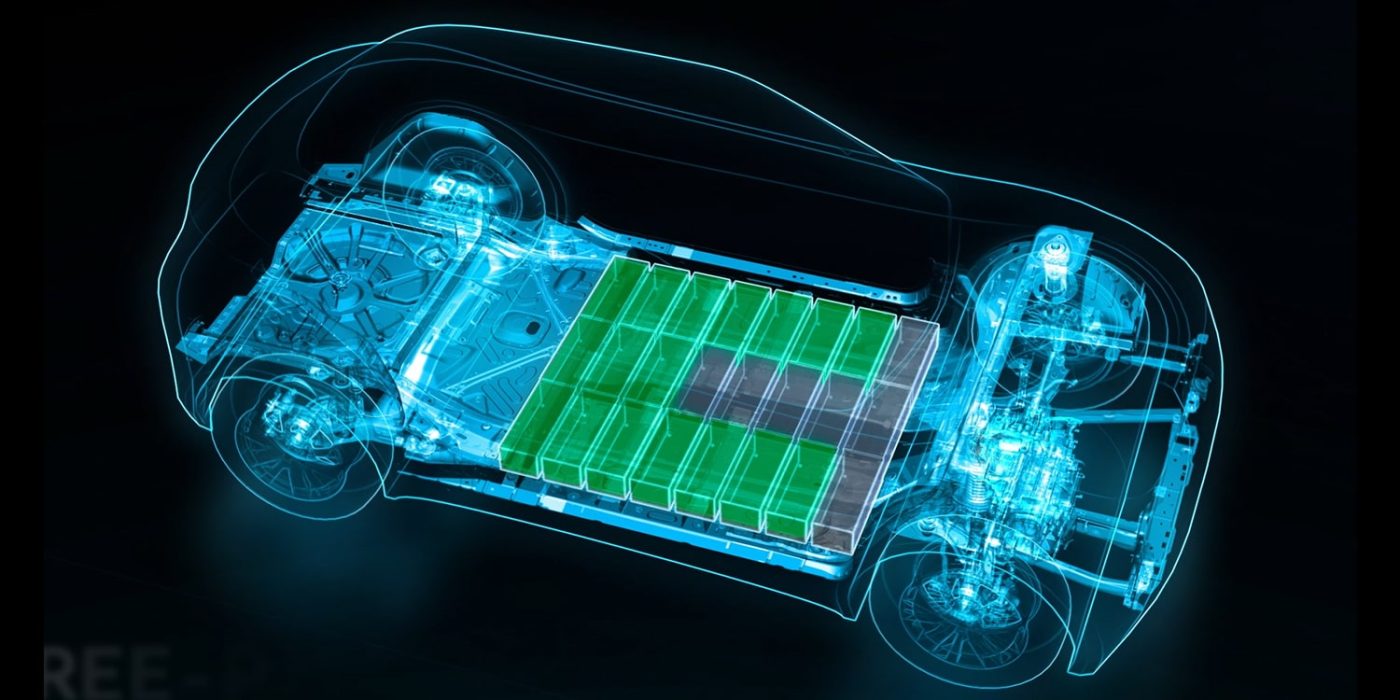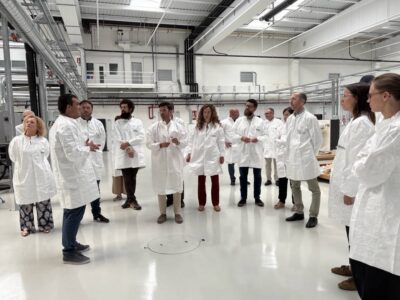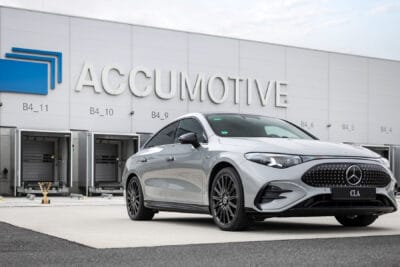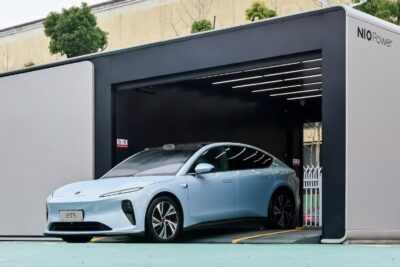CNRS present IBIS battery research results as prototype
After four years of development, a 25-member team consisting of scientists from the Centre National de la Recherche Scientifique (CNRS), as well as engineers from Stellantis and Saft, and other researchers presented a battery prototype with integrated inverter and charging functions.
According to the researchers, this integration of the inverter and charging functions enables a more efficient, more reliable and more cost-effective battery, which on the one hand, increases the range of battery electric vehicles and on the other hand, requires less space in the vehicle. In particular, the researchers point to the capacity to reduce vehicle weight and the cost of EV powertrain and vehicle manufacturing.
The project abbreviation IBIS stands for ‘Intelligent Battery Integrated System’. A demo model of the system has already been in operation since the summer of 2022. This system is “the subject of numerous patents and represents a decisive departure from currently common electrical converter systems”. As part of the IBIS project, a number of new concepts were tested and “practical control and operating functions were realised” in preparation for series production in electric cars, but also in stationary energy storage systems. The current demonstration model is also a stationary battery system, so it will be some time before the project team can shrink the findings down to a size that fits in an electric vehicle.
In terms of financial support, the IBIS project is funded by the ‘Future Investment Plan’, administered by the Environment and Energy Management Agency (ADEME) and coordinated by Stellantis. As previously mentioned, industrial partners Saft, E2CAD and Sherpa Engineering are also involved, as well as the CNRS research laboratories GeePs, SATIE, LEPMI, and the Institut Lafayette.
“Our journey to electrification is fueled by innovation and research excellence that uses the latest technology to address the real needs of our EV customers such as range, roominess and affordability while reducing carbon footprint by improving efficiency,” said Ned Curic, Stellantis Chief Engineering & Technology Officer. “This revolutionary battery system could mark a decisive step in Stellantis’ commitment to provide useful, easy and advanced technology to all.”





0 Comments